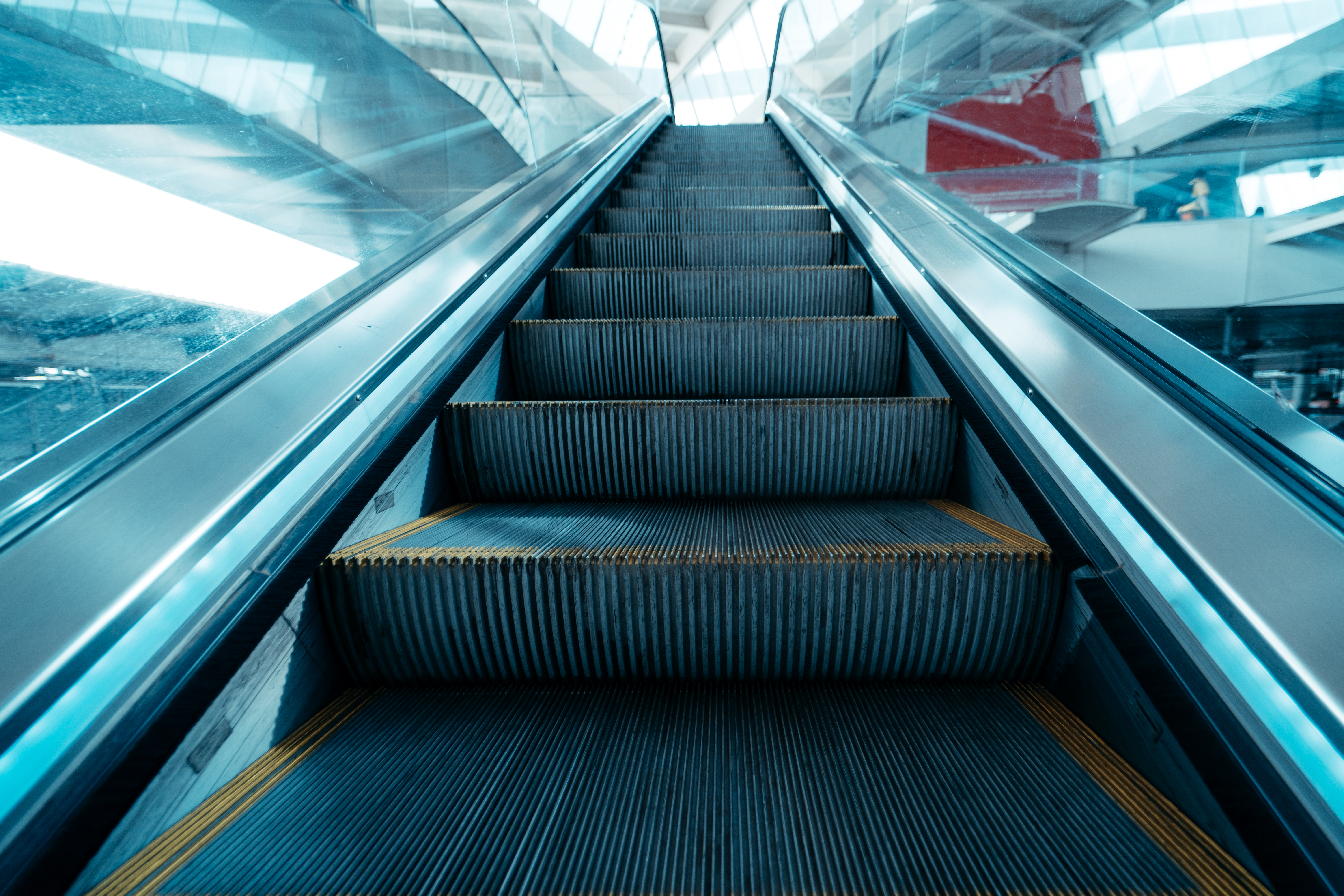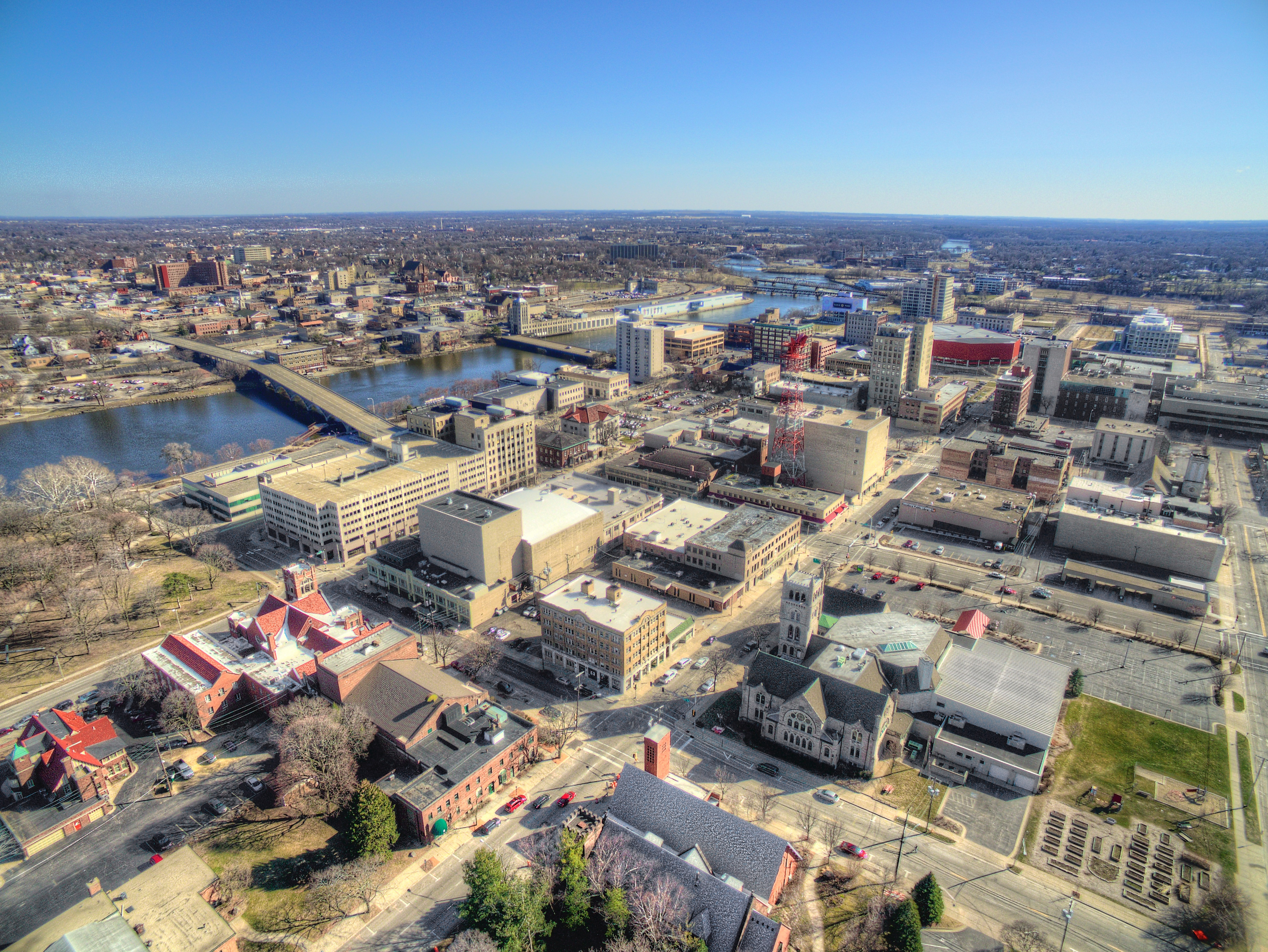An Illinois Human Rights Commission finding that a suburban Chicago school district's policy regarding transgender students' use of locker rooms was discriminatory could help the chances of a challenge to a similar policy in a nearby suburb, according to attorneys representing the case.
Township High School District 211 in Palatine allows transgender students to access locker rooms that correspond with their gender identity as long as those students use a private changing area, the Chicago Tribune reported . But a former transgender student, Nova Maday, filed a lawsuit in November 2017 challenging the arrangement.
The commission is charged with resolving complaints filed under the Illinois Human Rights Act.
The commission concluded this month that a similar measure at Lake Park Community High School District 108 in Roselle was discriminatory. The commission said the district denied a transgender student "full and equal access" of the boys' locker room by requiring the use of a "privacy curtain."
"Mandating) that the (former student) use a privacy curtain when changing clothes in the boys' locker room is an adverse act and subjects him to different terms and conditions than similarly situated non-transgender males," the commission said in its order.
It noted, however, that the district ultimately scrapped the requirement.
"The) district allows transgender students to access locker room facilities consistent with their gender identity and with no required use of privacy curtains," District 108 spokeswoman Sherri Anderson said in a statement.
Local
The American Civil Rights Union represents Maday in her case against District 211. ACLU spokesman Ed Yohnka said the commission's decision could influence Maday's lawsuit because it adds the weight of state government.
District 211 officials declined to comment, but previously said the Illinois Department of Human Rights_where Maday brought her complaint before suing — found the district's practice to be acceptable.
Maday's case saw a setback in court last year when a judge ruled that Illinois law does not call for "full and equal access" to school facilities, but Yohnka said the commission's new interpretation could lead to a different result.
"In terms of the impact, we believe that the Circuit Court will find the commission's decision to be very persuasive ... and really does reflect what the Illinois Human Rights Act demands," he said.



